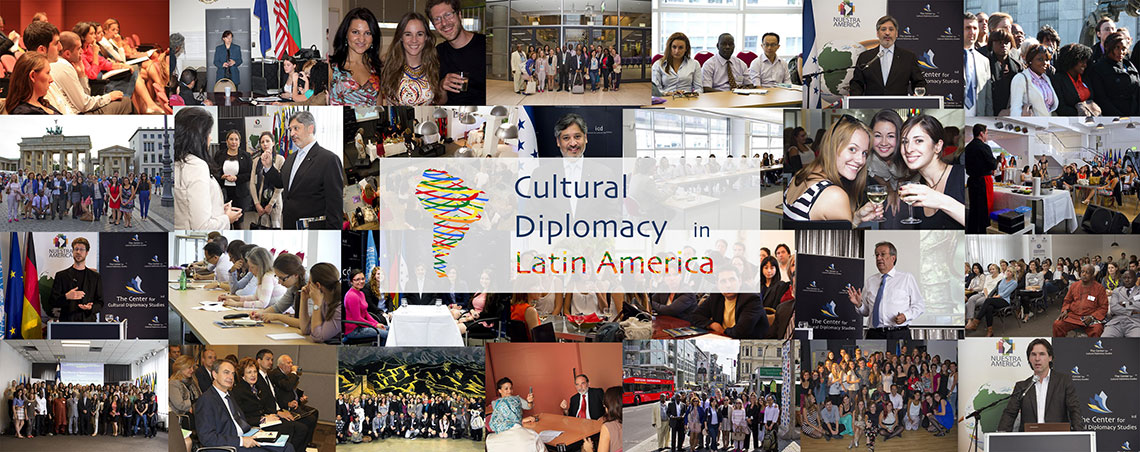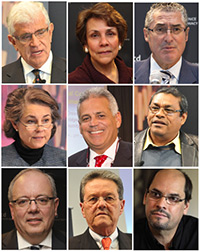Academy for Cultural Diplomacy
Cultural Diplomacy in Latin America (CDLA)
About The Program

Introduction to the Program
The Institute for Cultural Diplomacy created the program “Cultural Diplomacy in Latin America” to have a constructive impact on the region’s development. At the domestic and regional levels, it aims to support social and economic development and strengthen relations between individual nation states and between diverse cultural communities. At the global level it aims to improve economic, political, and cultural relations between Latin America and other regions.Program Aims
Cultural Diplomacy in Latin America conducts activity that pursues the following specific aims:- To increase investment in, trade with, and tourism to, Latin America.
- To strengthen intercultural relations amongst nation states and cultural communities within the region.
- To improve and diversity economic, political, and cultural relations between Latin America and other regions.
- To have a constructive influence on social development and mobility, in particular in the fields of healthcare and education.
- To raise awareness of the rich cultural heritage of the Latin American region across the world.
Academic Themes
In recognition of the program aims outlined above, the CDLA program activity will focus in particular on the following academic themes.- Eco-tourism and the development of the Latin American tourist industry.
- The political and economic influence of the World Cup and the Olympic Games on Brazil and the region as a whole.
- The emergence of left-wing governments and their impact on regional and foreign policies.
- The role of music, art, and sport in fostering a Latin American identity and strengthening relations between cultural groups in the region.
- The financial benefits of having a strong national brand.
- The history of Latin American Diaspora communities and their role in promoting social and economic development in the region.
- The impact of social assistance programs on development.
- Regional economic integration, protectionism, and free trade agreements.
- The impact of fair trade on agricultural practices and economic development.
- The history and development of European-Latin American relations.




